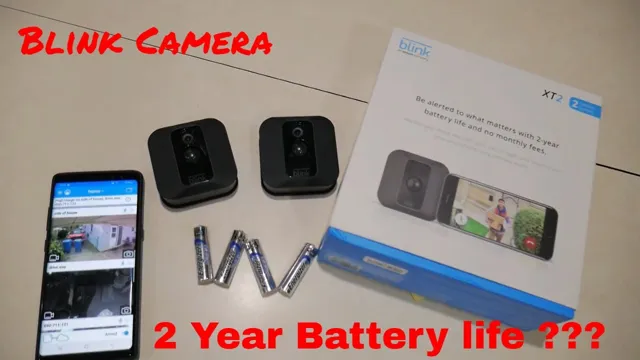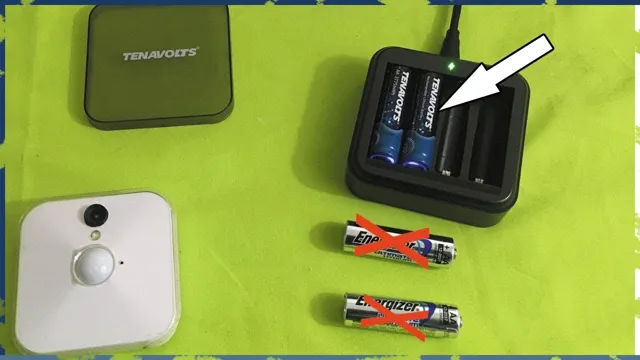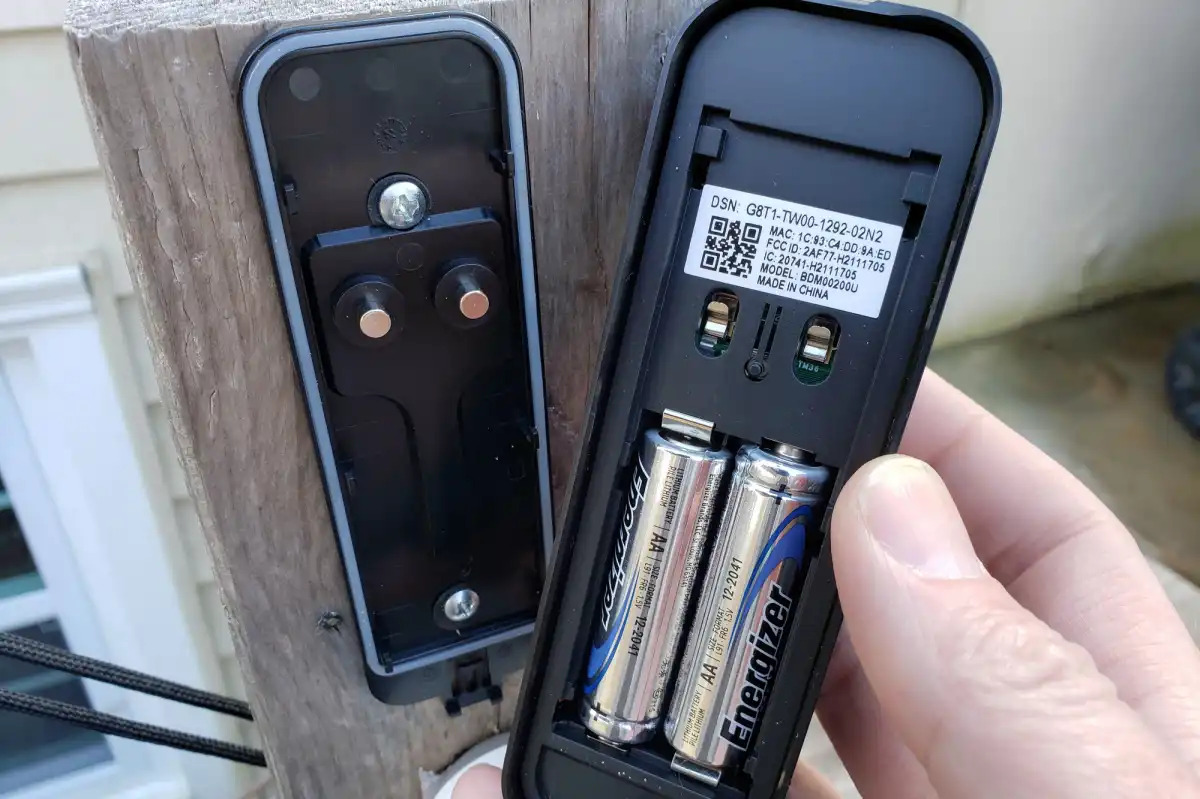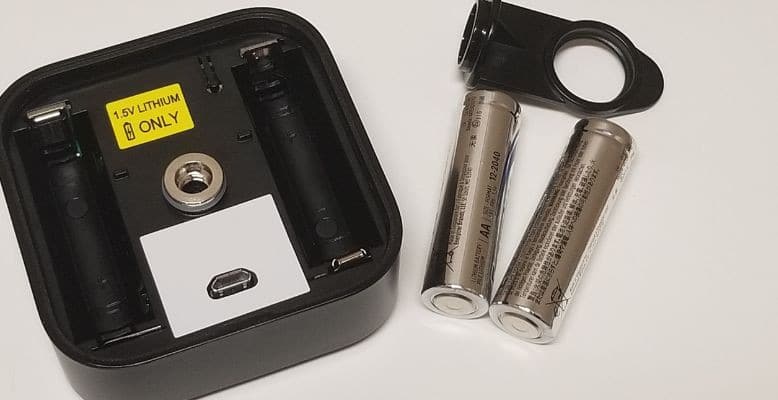Can I Use Alkaline Batteries In My Blink Camera

Imagine this: you're setting up your new Blink camera, eager to keep an eye on your home while you're away. You grab a pack of batteries from the drawer, ready to power it up, but then a nagging question pops into your head. Can you use just any batteries, or do you need something specific? This common concern can be easily cleared up.
The short answer is no, you should not use alkaline batteries in your Blink camera. While they might seem convenient and readily available, Blink cameras are specifically designed to operate with lithium batteries. Using alkaline batteries can lead to decreased performance, shorter battery life, and potential damage to your device.
Why Lithium Matters
To understand why lithium batteries are the preferred choice, it's helpful to delve a little into battery technology. Lithium batteries offer a higher energy density than alkaline batteries. This means they can store more power for their size, leading to longer run times for your camera.
According to Blink's official website, their cameras are optimized for the voltage and discharge characteristics of lithium batteries. This ensures reliable operation and accurate battery life reporting within the Blink app. Using alkaline batteries can cause the camera to malfunction, or even give false low-battery warnings.
Furthermore, lithium batteries are known for their superior performance in extreme temperatures, both hot and cold. This is particularly important for outdoor security cameras that are exposed to the elements. Alkaline batteries can be less reliable in these conditions, potentially failing when you need them most.
Potential Problems with Alkaline Batteries
Using alkaline batteries in a Blink camera can lead to a host of problems. Firstly, the battery life will be significantly reduced. You'll find yourself replacing batteries far more frequently than if you were using lithium.
Secondly, the camera's performance may be compromised. You may experience inconsistent recording, delayed notifications, or even complete camera failure. These issues directly impact the camera's effectiveness in safeguarding your home.
Moreover, alkaline batteries are more prone to leaking than lithium batteries. If a battery leaks inside your Blink camera, it can cause corrosion and permanent damage to the device's internal components.
"Blink cameras are designed to work optimally with lithium batteries. Using other types of batteries may affect performance and void the warranty," states a representative from Blink's customer support team.
Choosing the Right Lithium Batteries
When it comes to lithium batteries for your Blink camera, not all options are created equal. Blink recommends using non-rechargeable lithium AA 1.5v batteries. These batteries provide the optimal voltage and discharge rate for the camera's operation.
Popular brands like Energizer Ultimate Lithium and Duracell Lithium are widely recommended for their reliability and long lifespan. Investing in quality lithium batteries ensures your Blink camera operates efficiently and effectively.
Be sure to check the expiration date on the batteries before installing them in your camera. Using expired batteries can lead to reduced performance and potential leaks. It’s also a good idea to replace all the batteries at the same time.
Conclusion
While it might be tempting to use readily available alkaline batteries, the potential risks and reduced performance outweigh the convenience. Sticking to lithium batteries, as recommended by Blink, guarantees optimal performance, extended battery life, and protection for your investment. It’s a simple choice that makes a big difference in the long run.
So, next time you're powering up your Blink camera, reach for the lithium batteries and rest assured knowing you're providing the best possible power source for reliable home security. A little extra consideration upfront can save you from headaches and keep your home safe and sound.


















